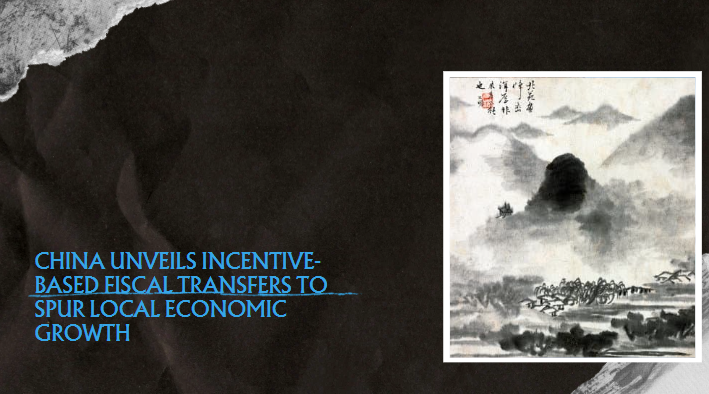Unlocking Long-Term Capital for China's Equity Market: A Strategic Initiative
China is poised for a pivotal transformation in its capital markets with the introduction of a robust strategy aimed at increasing long-term institutional investments. The Implementation Plan for Promoting Long-Term Capital Entry into the Market, jointly issued by the Central Financial Office, the China Securities Regulatory Commission (CSRC), the Ministry of Finance, and other key agencies, underscores the nation's commitment to fostering a more stable, resilient, and professionally managed equity market.
For international investors, this initiative could herald fresh opportunities in one of the world's most dynamic financial ecosystems, as China aligns closer with global best practices in capital market development.
////
Strategic Measures: Building a Stronger Investment Ecosystem
ONE

The plan details five core actions designed to optimize the role of institutional investors and improve the market's long-term prospects:
-
Boosting Insurance Funds' Equity Allocations
Large state-owned insurance companies are being encouraged to increase their exposure to A-shares and equity-focused funds. A significant shift is underway, with performance evaluations transitioning to three- to five-year cycles. Notably, at least 60% of these assessments will focus on long-term outcomes. To facilitate this transition, pilot programs for insurance capital in long-term equity investments will be expanded, with broader institutional participation anticipated in future phases. -
Strengthening Social Security and Pension Fund Frameworks
The National Social Security Fund and basic pension funds will adopt enhanced management mechanisms to incrementally increase their equity allocations. By instituting performance evaluations spanning five years or more, these funds aim to enhance stability while leveraging professional management expertise. -
Enhancing Pension Fund Marketization
Corporate and occupational pension funds will experience greater market-driven flexibility, with measures to expand coverage and introduce individual investment options. Fund managers will be encouraged to pursue differentiated investment strategies, further diversifying the market. -
Scaling Equity-Focused Funds
Public fund managers will be incentivized to increase the scale and proportion of equity-focused funds through streamlined regulatory processes and strengthened alignment between fund managers and investors. In parallel, private equity investment rules will expand, introducing more product diversity and innovative investment strategies. -
Optimizing the Capital Market Ecosystem
The plan introduces policies to encourage listed companies to undertake share buybacks and implement multi-dividend strategies within a single year. Institutional investors, including insurance and pension funds, will benefit from expanded access to strategic placements, initial public offerings, and equity-linked financing tools. Additionally, measures to enhance liquidity, such as increased interbank product swaps, are expected to create a more investor-friendly environment.
////
Opportunities for Global Investors
TWO

This initiative marks a strategic pivot for China's capital markets, focusing on fostering professionalism, stability, and long-term growth. By prioritizing institutional participation and extending performance assessment horizons, China seeks to address concerns over market volatility while bolstering investor confidence.
For international asset managers, this transformation could present new opportunities to align with China's evolving financial ecosystem. Enhanced participation from domestic institutional investors may improve market liquidity and transparency, creating a more conducive environment for foreign capital. Furthermore, global investors could benefit from collaborating with local entities to access these expanded opportunities.
////
A Global Perspective
THREE
China's reform agenda reflects a broader trend of integrating long-term capital into financial markets, mirroring practices in other major economies where institutional investors serve as key stabilizing forces. The emphasis on professional management and long-term horizons positions China's equity market to attract more sophisticated capital inflows.
For global stakeholders, this is an opportune moment to deepen their engagement with the Chinese market. Monitoring these reforms closely and evaluating their impact on market accessibility and governance will be essential. As China's capital markets evolve, they are likely to play an increasingly prominent role in the portfolios of global investors with a forward-looking approach.





















































First, please LoginComment After ~